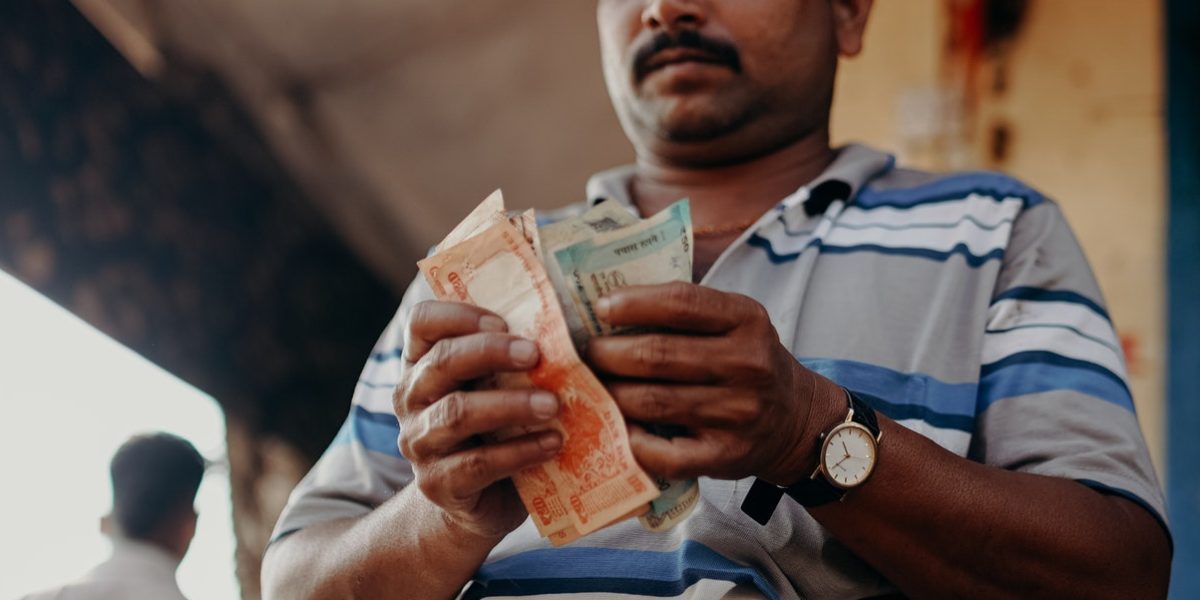On 18 and 19th of July, the G20 Finance Ministers will meet to decide the measures to be taken in response to the Covid-19 crisis. Debt cancellations should be among the urgent measures to free up the funds needed to tackle the crisis. However, only a debt moratorium limited to the “poorest” countries has been planned so far by the G20. Private banks have not suspended any of their claims and the World Bank is being content to grant new loans, thus aggravating the burden of a debt that was already unsustainable before the Coronavirus.
We must keep up the pressure for the cancellation of debts of middle-income Southern countries – and not only for the “poorest” ones – for two main reasons.
First of all, debt cancellation is in many countries a question of survival. Because of the effects of the Coronavirus, 265 million people could face starvation by the end of the year and more than half a billion people could be pushed into poverty. In this context, charging a debt would be totally deadly. Even before this crisis, 64 countries were prioritizing debt servicing[1] over health services and 113 countries were planning to implement austerity measures under IMF incentives. This has increased gender inequalities as consequences of austerity disproportionately affect vulnerable people and especially women.
Secondly, debt cancellation is an issue of justice. It is a fact that a large part of debts occurred by countries did not benefit their population. Such debts are called “odious”[2] in international law and should therefore not be repaid. Auditing debts before claiming their reimbursement could easily prove if this is the case. Such an audit that should involve civil society would also make it possible to identify the different responsibilities of both creditors and debtors and thus prevent the same mistakes from being made again. But unfortunately, creditors refuse so far to audit their own claims. We, as civil society, should push them to do it. It is at least a matter of transparency and accountability. While creditors such as the IMF and the World Bank always claim “transparency” and “good governance”, they do not apply it to themselves!
Instead, creditors impose the repayment of debts as if it were an obligation without consequences by arguing it’s a matter of morality or contract enforcement. However, isn’t it immoral to make someone pay an immoral debt? Aren’t there legal arguments for cancelling a debt? The answer is “yes” to both questions. This is what I learned during my 11 years working for the Committee for the abolition of illegitimate debt (CADTM), an international network that works with other debt organisations like EURODAD and Jubilee South.
It is a pity that I never learned it during my law and “development” studies at the University. Nor did I learn that creditors such as the World Bank had placed illegitimate debt on the backs of several African States at the time of their independence. This is precisely what happened just 60 years ago when Belgium (the country where I live) and the World Bank transferred the colonial debt to Congo in 1965.These colonial debts, in addition to being illegitimate, are void under international public law.
From the very beginning of their independence, Southern States are therefore chained to the debt. Colonialism has been transformed into neo-colonialism where creditors use debt as an instrument of political domination in the global capitalist economy. For instance, when they provide debt relief, they do so by imposing economic conditions that benefit the transnational corporations or they do it for geopolitical reasons. Human lives are not a big issue for them. A country can have a debt that is « sustainable » according to the indicators used by creditors while its people die of hunger or disease.
For these reasons, I believe it is an illusion to think that the G20, which defends the interests of big creditors, will cancel significant debts of even the « poorest » countries on the basis of justice. And if the word « cancellation » were by chance to be pronounced, we would have to be extremely vigilant. Did French President, Mr. Macron not say a few months ago that France was going to cancel African debts? In reality, no debt has been cancelled by France but the repayment has simply been delayed.
A structural solution for debt can only be found in a democratic framework. The G20 is not.In the meantime, it is useful to take advantage of these G20 meetings to raise people’s awareness of this crucial issue which is global (the recent case of Greece has shown that debt violence knows no borders) and make political appeals in particular by signing current petitions calling for debt cancellation. More importantly, it is crucial to build links between citizens from the South and the North who are fighting the same debt system and question also the « development » financing, the North-South relations and the capitalist economy. The cancellation of debt is a prerequisite for structural changes that are urgently needed.
[1] Debt servicing: the cost of meeting interest payments and regular contractual repayments of principal on a loan along with any administration charges borne by the borrower. See https://financial-dictionary.thefreedictionary.com/debt+servicing
[2] According to the legal doctrine of odious debt theorized by Alexander Sack in 1927, a debt is “odious” when two essential conditions are met : 1) the absence of benefit to the population: the debt has been contracted not in the interest of the people and the State but against its interest and/or in the personal interest of the rulers and those close to power 2) the complicity of the lenders: the creditors knew (or were in a position to know) that the funds lent would not benefit the population.
See also Entraide et Fraternité Policy Analysis: Pourquoi la Belgique doit-elle annuler immédiatement et sans conditions certaines dettes du Sud ? and the Opinion article (in French) Dettes des pays du Sud : Il est temps pour la France de soutenir l’adoption d’un mécanisme à l’ONU by a group of organisations including CCFD-Terre Solidaire (CIDSE member in France) .


